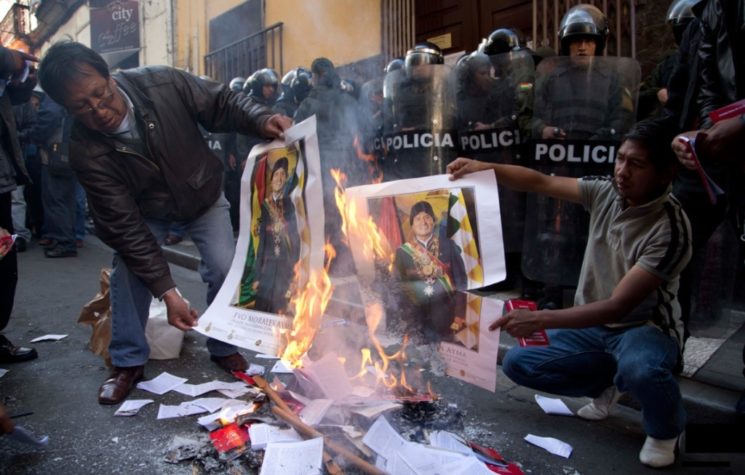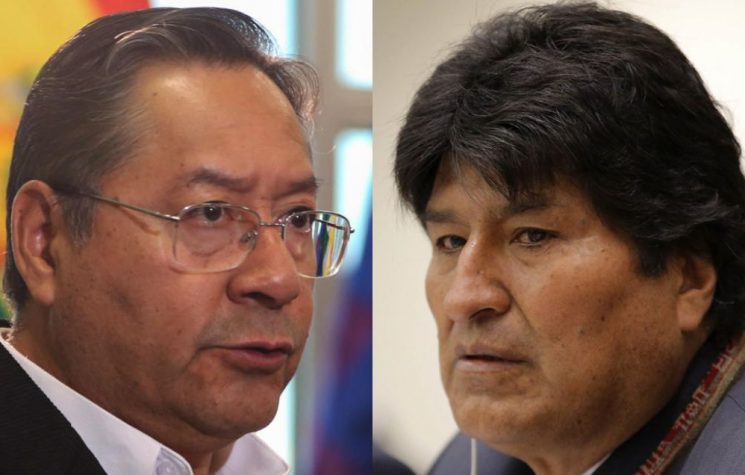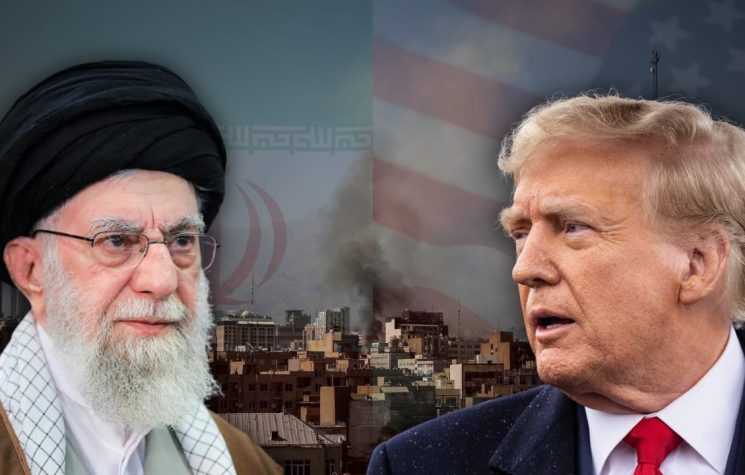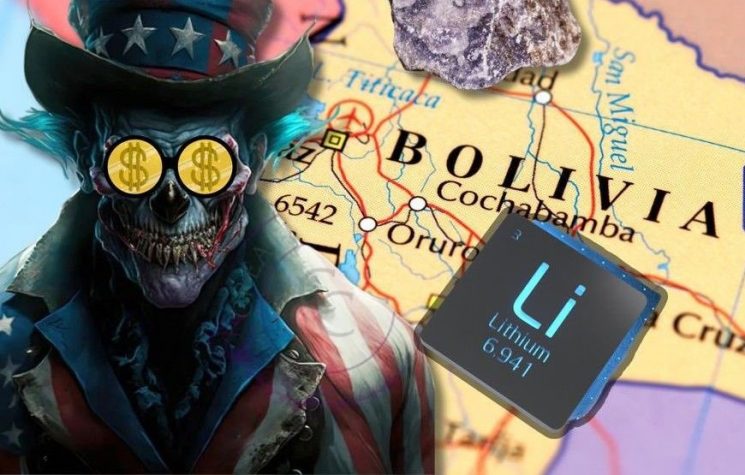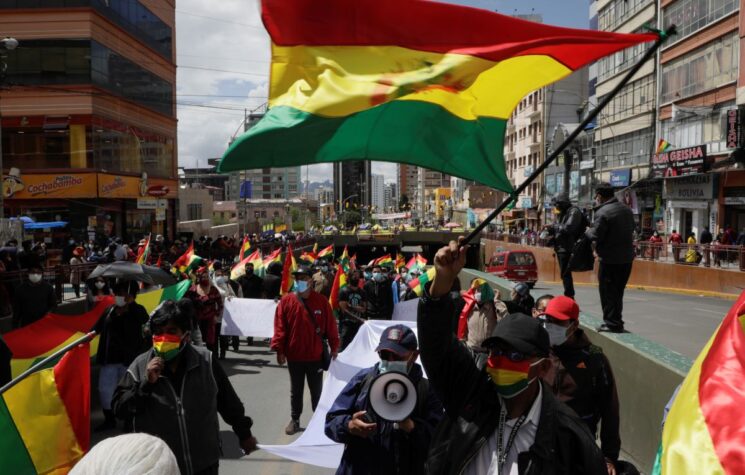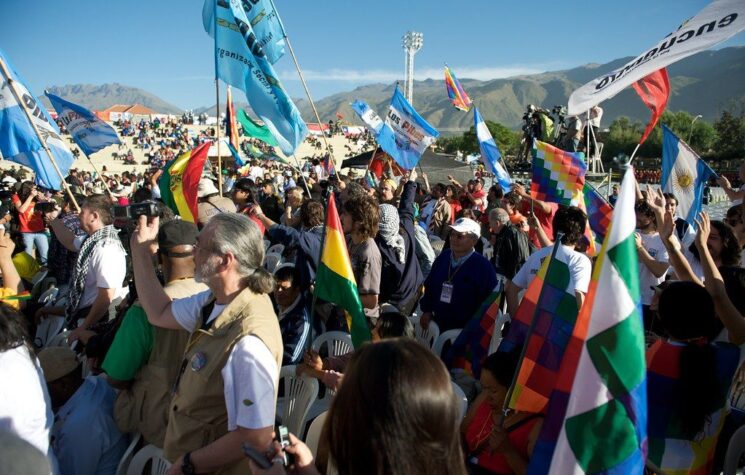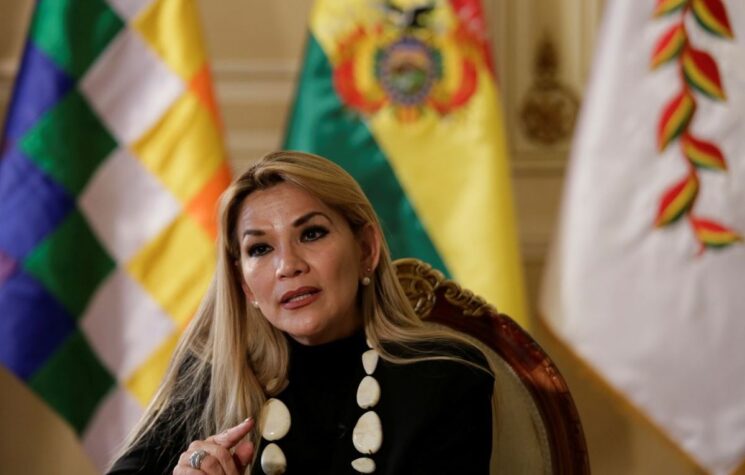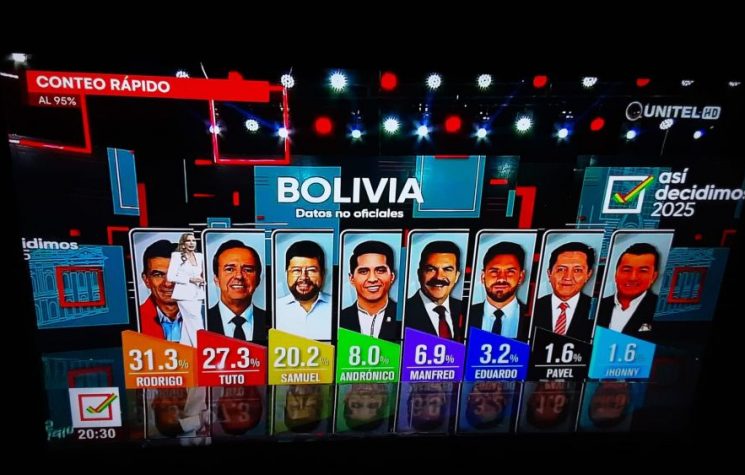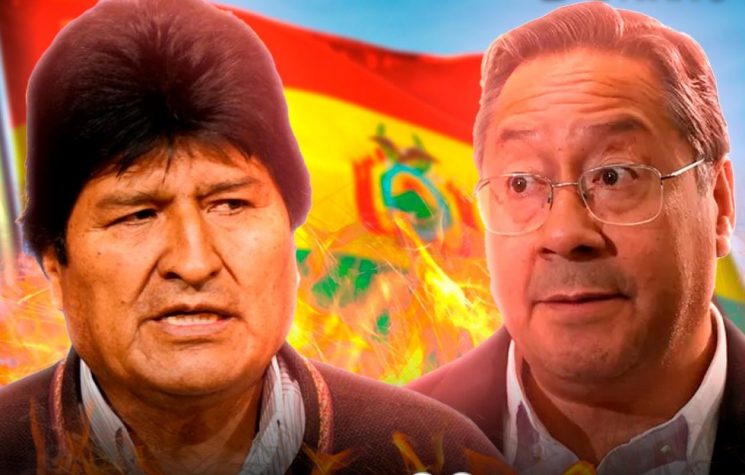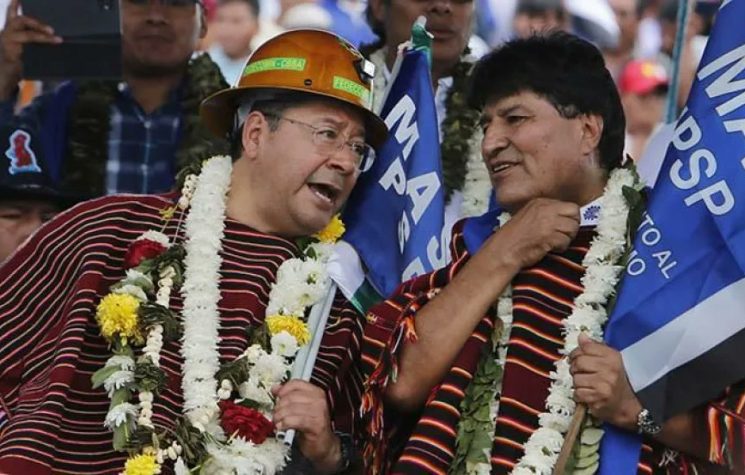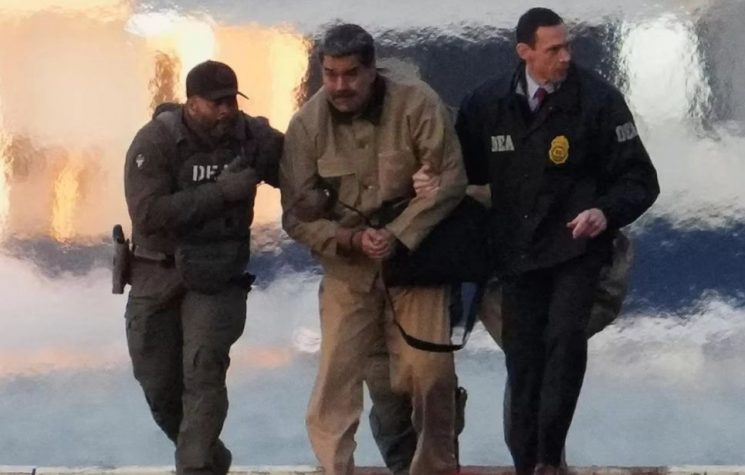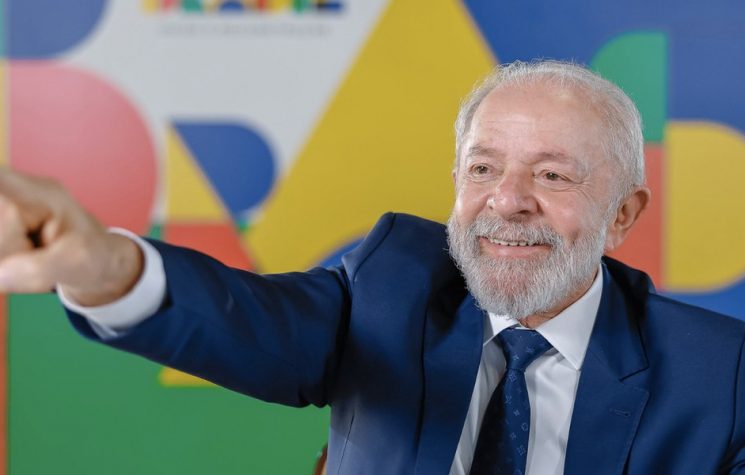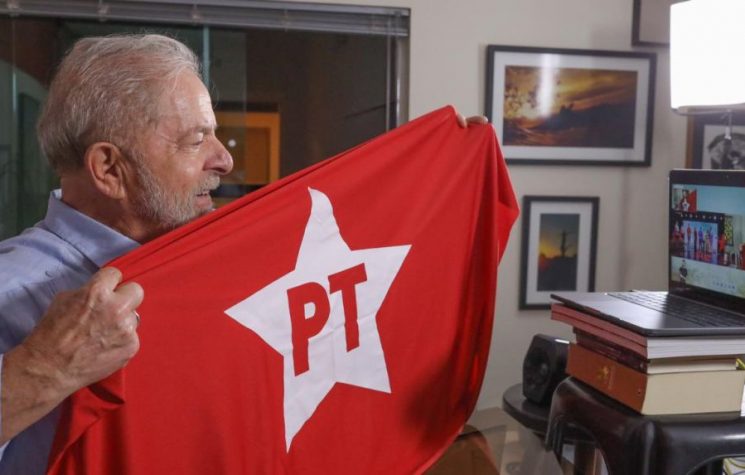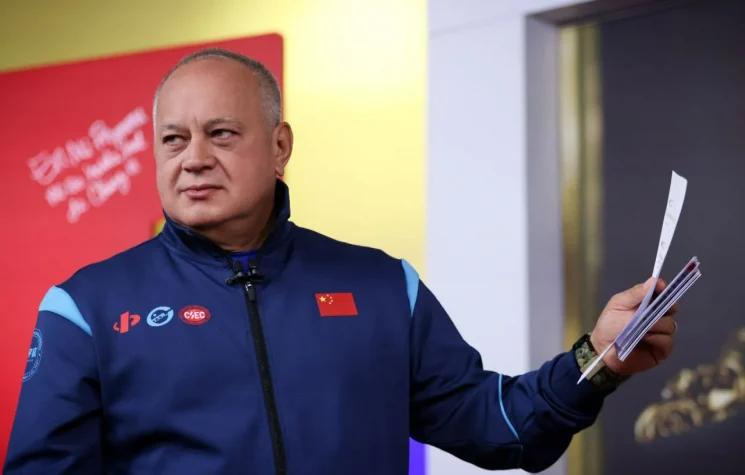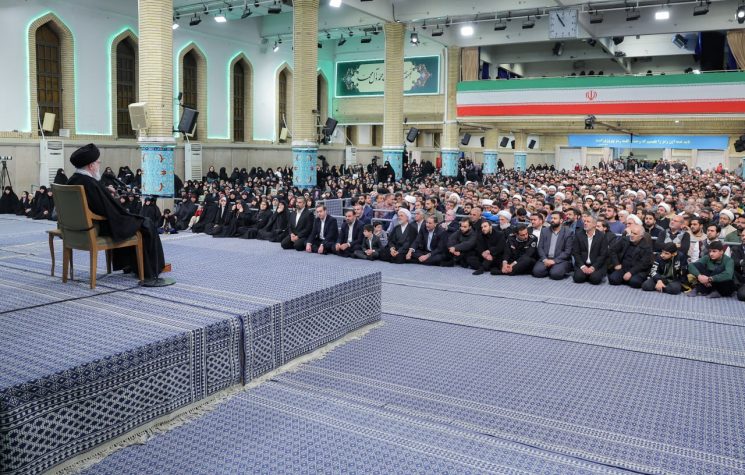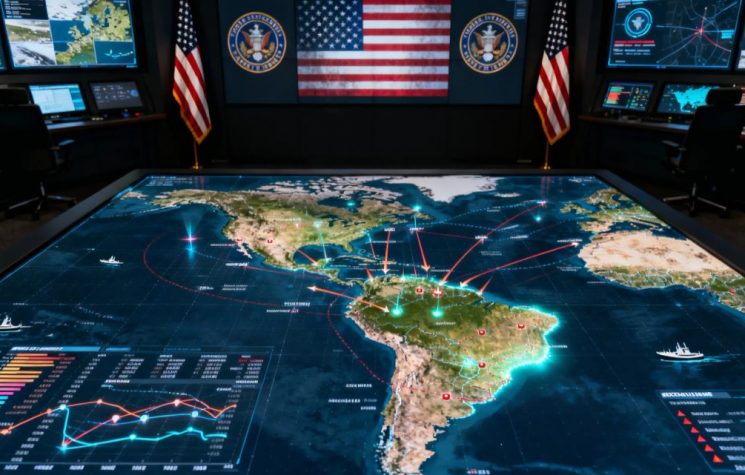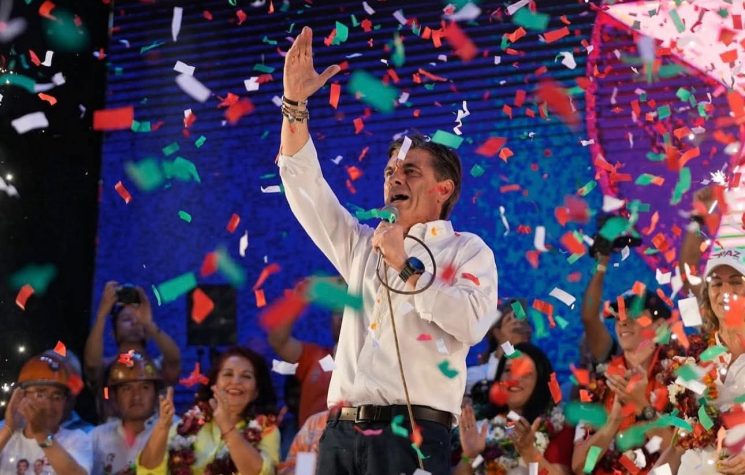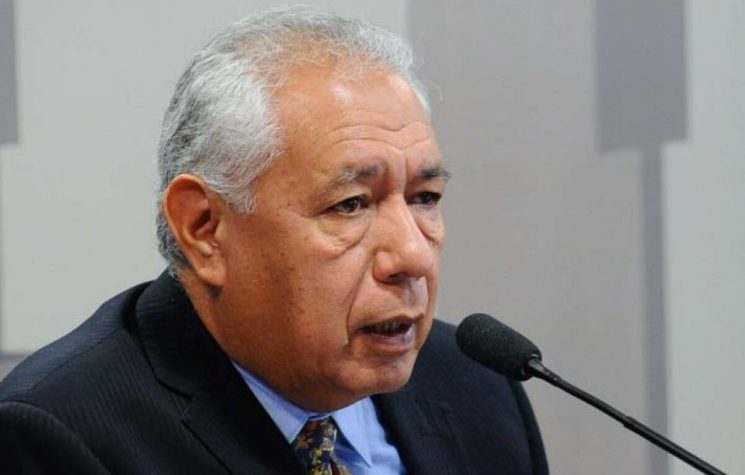Poor, naive Evo Morales. Instead of seeking secure refuge in a sovereign friendly country, he must be languishing now in the catacombs of Mexico City, where his tormentors are making sure that he will remain isolated and is never allowed to attempt a comeback. They are a wicked lot, but also undeniably sharp learners. They will use every tool at their disposal to make sure Morales does not spring on them a nasty surprise, as Lula just did.
The contours of the racist, anti-democratic coup in Bolivia are progressively coming into view. A few elements in particular need to be stressed.
First of all, it is the absolute amorality (not mere immorality, because there is a difference; immoralists are by comparison fairly decent people) of the empire’s playbook. Any instrument
will do that achieves the empire’s sordid purposes. In the Ukraine it may be the neo-nazi Azov battalion, in Syria head-chopping ISIS. In Bolivia, corrupt public officials and fascist militia heavily tinged with generational remnants of World War II Croatian Ustashi Axis collaborators are just fine too. As if to illustrate the point, the clownish emperor himself averred just a few days ago that “When I meet with the leaders of countries as they come in — kings and queens and prime ministers and presidents and dictators, I meet ’em all … Anybody wants to come in. Dictators? It’s OK. Come on in.” As soon as the junta in Bolivia gets its act together, look for another dictator, “our son of a bitch,” arriving for a visit from La Paz.
For a glimpse of the ideological inspiration behind the coup, it suffices to advert to its principal civilian protagonists, such as the Santa Cruz Youth Union, at one time led by oligarch Luis Fernando Camacho, who also happens to be the éminence grise behind the overthrow of Morales and his government. Their salutes tell the story. Even their imperial sponsors were compelled, in a diplomatic cable, to refer to these useful but unsavory pawns in somewhat uncomplimentary terms:

Among all the usual suspects involved in the Bolivian coup there is also a certain third-generation Ustashi gentleman by the name of Branko Marinkovic, who just happens to be a wealthy landowner and unsurprisingly a backer of right-wing causes. Marinkovic must be a squalid character because he got a bad review even from Stratfor, which is actually suspected of working for the same bosses as he. Around fifteen years ago, Marinkovic was using his wealth and influence to actively promote the Katanga-style secession of Bolivia’s mineral-rich Santa Cruz region, in alliance with transnationals eager to appropriate its natural resources.
This cast of civilian characters inexplicably were allowed to operate by the poor, naive President instead of having been shut down a long time ago. But in terms of executing the coup, they were outdone by the corrupt army and national police chiefs, who apparently profited nothing from the uplifting example shown by their Venezuelan colleagues when faced recently with similar pecuniary temptations. They avidly took the bribes and intimidated the Bolivian President into quitting.
A key point is that army commander Gen. Williams Kaliman had served as Bolivia’s military attache in Washington in 2013, prior to being elevated to his current post. It so happens (and someone should have informed the clueless President Morales) that military attaches are favorite recruitment targets. A long forgotten precedent is Gen. Humberto Delgado, Portugal’s military attache in Washington during the 1950s. Apparently turned by his hosts, who were upset at being rebuffed by Prime Minister Antonio Salazar when they offered Portugal several billion dollars in exchange for oil-rich Angola, he was encouraged to run for president in the 1958 elections on the understanding that if he won, he would dismiss Dr. Salazar. (Oh yes, in keeping with the playbook that vote count was also denounced as fraudulent, just like the recent one in Bolivia.) Delgado tried and failed; Kaliman, on the other hand, took the cash and earned his keep. The famous example of Gen. Pinochet, who was Chile’s military attache in Washington in 1956 but in whose integrity equally clueless President Allende believed until the last minute, also readily comes to mind. The lesson: unless you are prepared to thoroughly clean the stables and staff your government with incorruptible patriots, stay away from revolutionary politics.
The third and related lesson of the Bolivian coup is that a non-servile regime – if it intends to survive – must scornfully dismiss the “democratic” discourse of its imperialist enemies and deal decisively with their fifth column and domestic foot soldiers. It has now been established, and it surfaced literally just hours after the coup, that Srdja Popovic’s infamous CANVAS/Otpor outfit on the operational level was thoroughly embedded in coup preparations. Where was Bolivia’s security service and what were they doing while the foundations of the popular government were being undermined by a determined, organized, and well-financed fringe group using sophisticated technologies of subversion? Were they watching Bugs Bunny cartoons?
Naive President Morales (and he is still President of Bolivia because he was driven out of office illegally and under duress) may have deluded himself that reducing illiteracy from 13% to 2,4%, unemployment from 9,2% to 4,1%, and extreme poverty from 38,2% to 15,2% guaranteed the stability of his government. In the end, these impressive statistics failed him. Did he think that grateful masses would rally to his defense? If, as is probable, he had never heard of the treacherous General Delgado, surely he must have heard of Che Guevara?
There is little doubt that the huddled masses, dispirited by centuries of colonial servitude, are rooting for him in their jungle hovels. But faint is the resistance that they can effectively
counterpose to the machinations of greedy and impudent scoundrels like Messrs. Camacho and Marinkovic, not to mention corrupt bullies like Gen. Kaliman.








